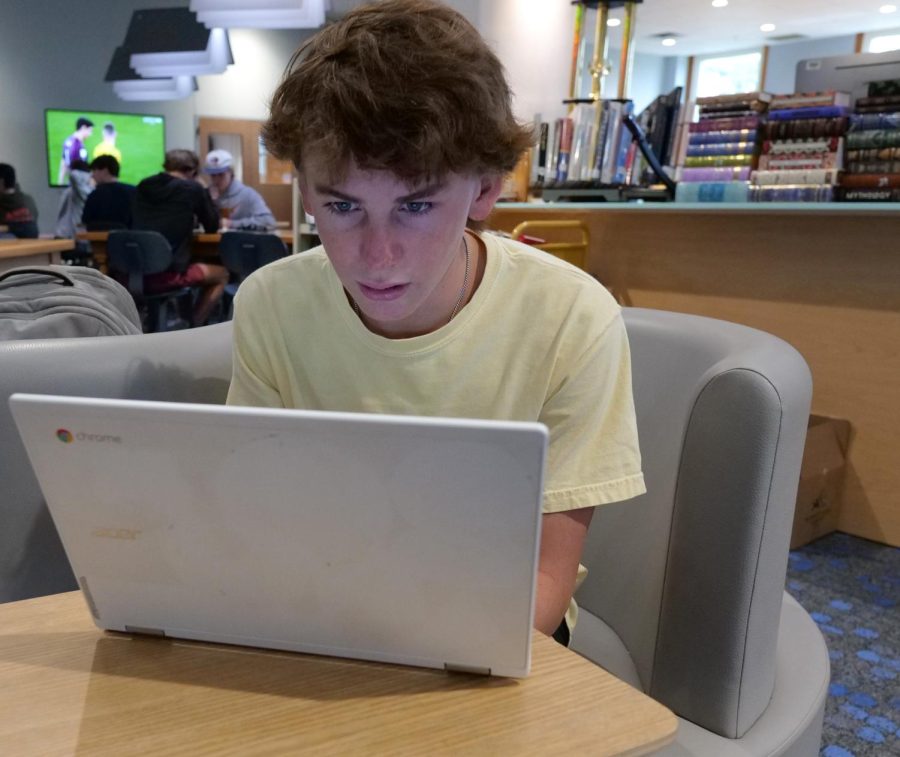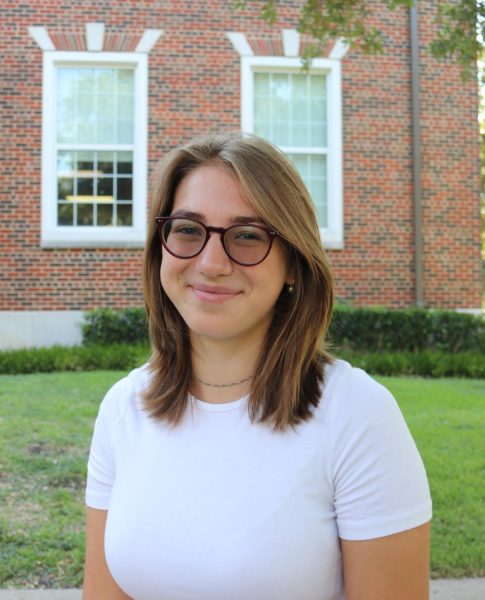The Teen Screen survey, or Youth Check, is a mental health survey that students could take over the course of November.
This survey addresses a variety of issues, such as depression, OCD, drug abuse and alcohol abuse.
“[The Youth Check is] a way for the school to evaluate mental well-being of the students through questions on a survey, and it’s their method of attempting to help students in need of mental assistance,” participant junior Alex Stucka said
Typically, first-year students only take the Youth Check survey, but because the juniors missed the opportunity as freshmen to take it due to COVID-19, they received the opportunity to take it this year on Thursday, Nov. 17.
“Thinking of our junior class, [because of] the pandemic, they never had the opportunity to go through Youth Check, and I thought, ‘why are we not allowing junior class, who really missed this opportunity?’” personal counselor Christen Armer said.
Although the survey is taken online, counselors want to ensure that the survey is taken in a controlled environment. The students took the survey in the Learning Center, where they would each have their own desks to work on the survey. This ensures no family influence, pressure, or any other factors that could change the information.
This year is the first year for freshmen and juniors to take the Youth Check.
“I do think it would be really healthy if we could screen every year,” Armer said. “In a perfect world, we could screen every grade. We do have to have the personnel and the staffing to address the concerns and the days out of class, so all the logistics, but I would like to build up to that,” Armer said.
The counselors make it their goal to know where students stand mentally and attempt to allow students in all grades to take it. Although it does help struggling students, this is only one step in addressing mental health issues.
“I do believe that it’s a good step because these things need to be addressed,” Stucka said.
Student ambassadors helped introduce the idea of taking the teen screen to both the freshmen and juniors by walking into their English classrooms and handing them a permission slip to partake in the survey.
“[Youth Check] surveys are a way for counselors or your [personal] counselors to check up on your mental health and see how you’re doing in a confidential way that doesn’t jeopardize what other people think about you,” senior ambassador Luke Finch said.
After students take the survey, the results are sent to the Suicide Crisis Center.
“The [Suicide Crisis Center] gets all that information, and they let us know if a student is flagged based on the answers that are input,” Armer said.
The organization goes over the answers and sends the results back to the students that they are concerned about. If the student is flagged, the results are sent to the counselors and the counselors meet with that student. After the issues are addressed, the results of the survey are destroyed. Also the results are immediately destroyed if nothing is flagged for the student.
“[When counselors meet with students, they evaluate] where you are, whatever age or stage you are at that time, moment, week [or] month,” Armer said. “It helps us give more information about that student.”
Armer has already seen a difference in the relationship between students and counselors.
“I have already seen it play out yesterday, as students are flagged and called in,” Armer said. “The counselor just got to know so much more about the student and what they all dealing with, how they’re doing at school and all that stuff.,”
The Youth Check survey has been proven to be a success. Counselors can learn more about the students, students receive the help they need and counselors can check on them.




